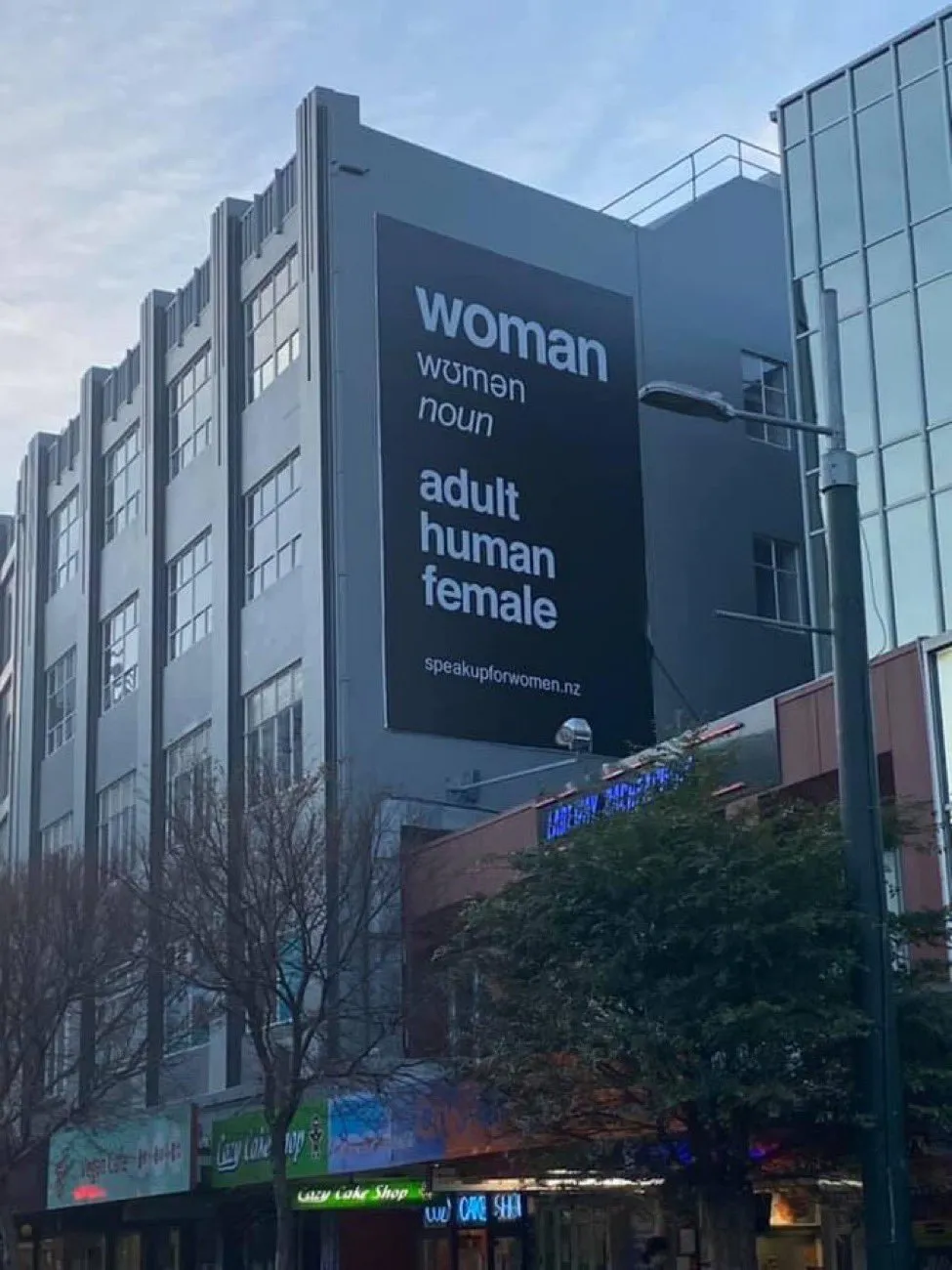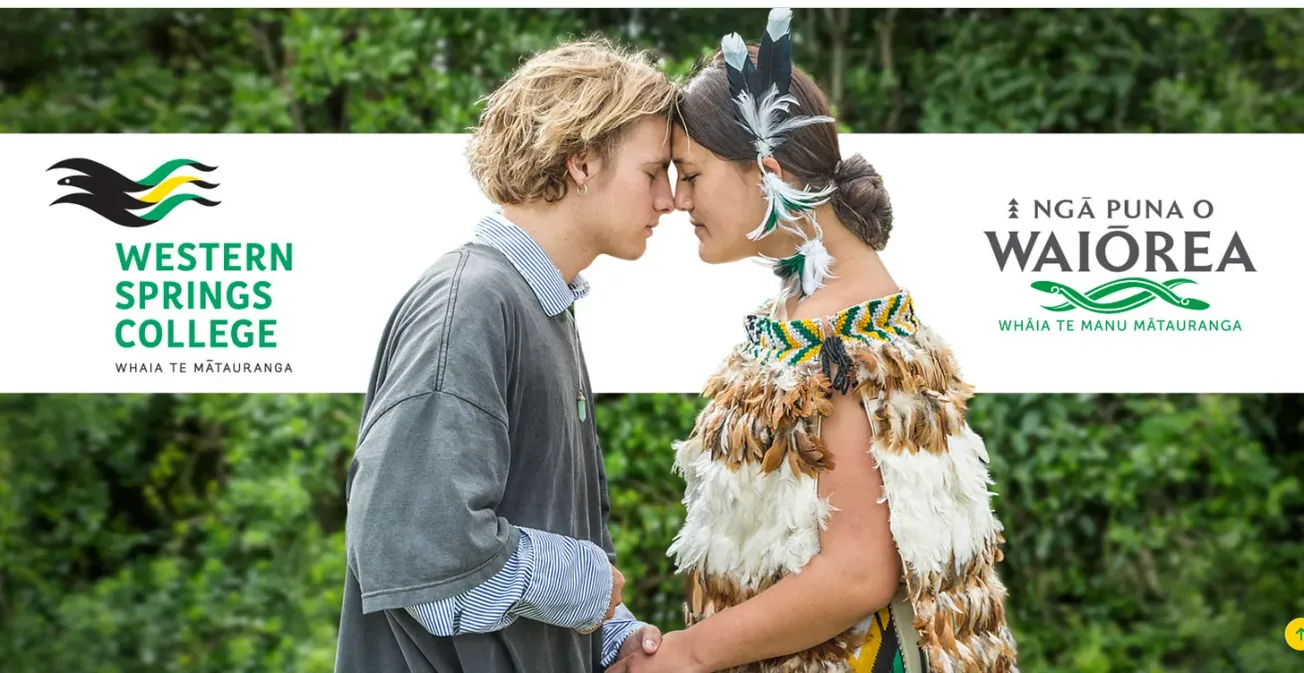Table of Contents
Kurt Mahlburg
Kurt Mahlburg is a writer and author, and an emerging Australian voice on culture and the Christian faith. He has a passion for both the philosophical and the personal, drawing on his background as a graduate architect, a primary school teacher, a missionary and a young adults pastor. Since 2018, Kurt has been the research and features editor at the Canberra Declaration. He is also a freelance writer, and a regular contributor at the Spectator Australia, MercatorNet, Caldron Pool and The Good Sauce.
The authoritative dictionaries of the English-speaking world are scrambling over each other to stay woke.
In 2020, Merriam-Webster infamously updated its entry for female to include “having a gender identity that is the opposite of male”. Now the online edition of the Cambridge Dictionary has gone one better: in addition to being “an adult female human being”, a woman is now “an adult who lives and identifies as female though they may have been said to have a different sex at birth”.
The new “trans-friendly” addition to Cambridge’s entry for woman was quietly added sometime in October, “after editors studied how the words were being used throughout society,” according to the Australian.
“How words were being used” by whom? Out-of-touch activists?
Let’s not pretend the top-down proselytising of trans ideology taking place across the West is some kind of natural social development. To the extent that people are using the word “woman” as Cambridge suggests, they are often doing so under extreme social coercion – or worse. Just ask Enoch Burke, the Irish school teacher who will languish in jail this Christmas for refusing to use concocted pronouns in his own classroom earlier this year.
Cambridge Dictionary hasn’t just added a new definition for the word woman. They have undermined their original one, contradicting themselves and making a mockery of common sense.
The first and original definition it provided for the word woman – “an adult female human being” – excludes men, by definition. The second, trans-ified definition they have added – “an adult who lives and identifies as female though they may have been said to have a different sex at birth” – by definition includes men.
The second is definitionally the opposite of the first.
According to the Cambridge Dictionary, a woman is either an adult female human or not an adult female human. They have erased the boundary between a thing and its opposite, breaking the first rule of logic upon which every other rule of logic depends: A is not non-A. Erase that rule and all that’s left is a nihilistic abyss.
Next, Cambridge Dictionary will be telling us that war is war, but it is also peace; that freedom is freedom, but it is also slavery; that ignorance is ignorance, but it is also strength.
But there is still more nonsense to untangle.
To speak of an “adult who lives and identifies as female” is to admit the adult in question is not female – otherwise this tortured phrase is redundant. Who needs to live and identify as something they already are?
Speaking of tortured phrases, “they may have been said to have a different sex at birth” – really?
Not “had a different sex at birth”. Not “may have had a different sex at birth”. Not “are said to have a different sex at birth”. But “may have been said to have a different sex at birth”. What an exhausting string of words! Obfuscation, not clarity, is the goal.
Someone needs to tell Cambridge that dictionaries are descriptive, not prescriptive. They don’t get to define reality; they can merely attempt to reflect it. Oxford, Cambridge, Merriam-Webster, and other prestigious publishers can muddy the waters all they like but their efforts will be like trying to crack an anvil with a hammer.
In the words of Winston Churchill, a master of the English language, “Truth is incontrovertible. Panic may resent it, ignorance may deride it, malice may distort it, but there it is.”
All else is sound and fury.









